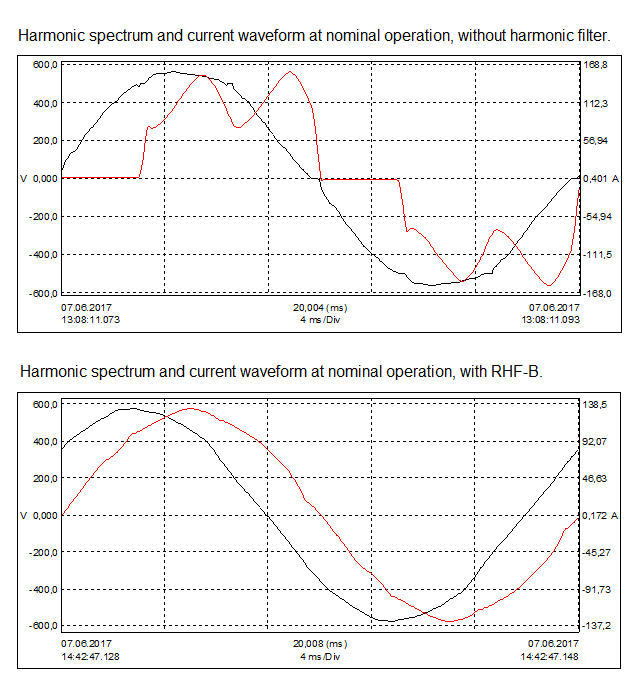CP Automation have released a new range of harmonic filters. These new filters include the Revcon PHF-A and PHF-B, which have been proven to significantly reduce the level of distortion occurring in Variable Speed Drives, or VSDs. The supply, installation and repair specialists CP Automation has released this new range of products following tests to ensure that the reduction of harmonic noise interference has been proven.
VSDs are known to emit harmonic noise. The sounds that are emitted pass back to the transformer and can have a negative impact on the signal that is generated by the VSD. Because of the interaction at the transformer of the equipment, the harmonic noise can then have a knock on effect on the voltage, and lead it to be distorted. Due to these changes in the voltage, the entire system within the VSDs can then overheat. The installation of the harmonic filters that have been released by CP Automation will reduce the noise emitted in the first place, which can then have knock on positive benefits, reducing the levels of distortion experienced and overall improving the longevity of the drives.
The new range of Revcon passive harmonic filters have been designed and manufactured so that they are easy to retrofit, meaning that the benefits can be experienced by all users of VSDs without the need to replace the drive with a newer model. These passive harmonic filters will save money by increasing the lifespan of the VSD, and the RHF-A and RHF-B models of the Revoc Harmonic filters have no need for routine maintenance. Revcon has stated that the RHF-A can be used to reduce harmonic current distortion to 10% and the RHF-B model can see distortion reduced to 5%. These figures have been cross referenced as a part of a test with a standard 6-pulse VSD and DC choke, without harmonic filters.
The results of these tests showed that without the filters, the drive creates a harmonic distortion of 36%. With the inclusion of the RHF-A filter, the distortion is cut to 6.2% when used at nominal operation. When the test was carried out with the RHF-B filter, the distortion was cut to 2.5%. Both of the performances during this test promotes the benefits of using these passive harmonic filters.


